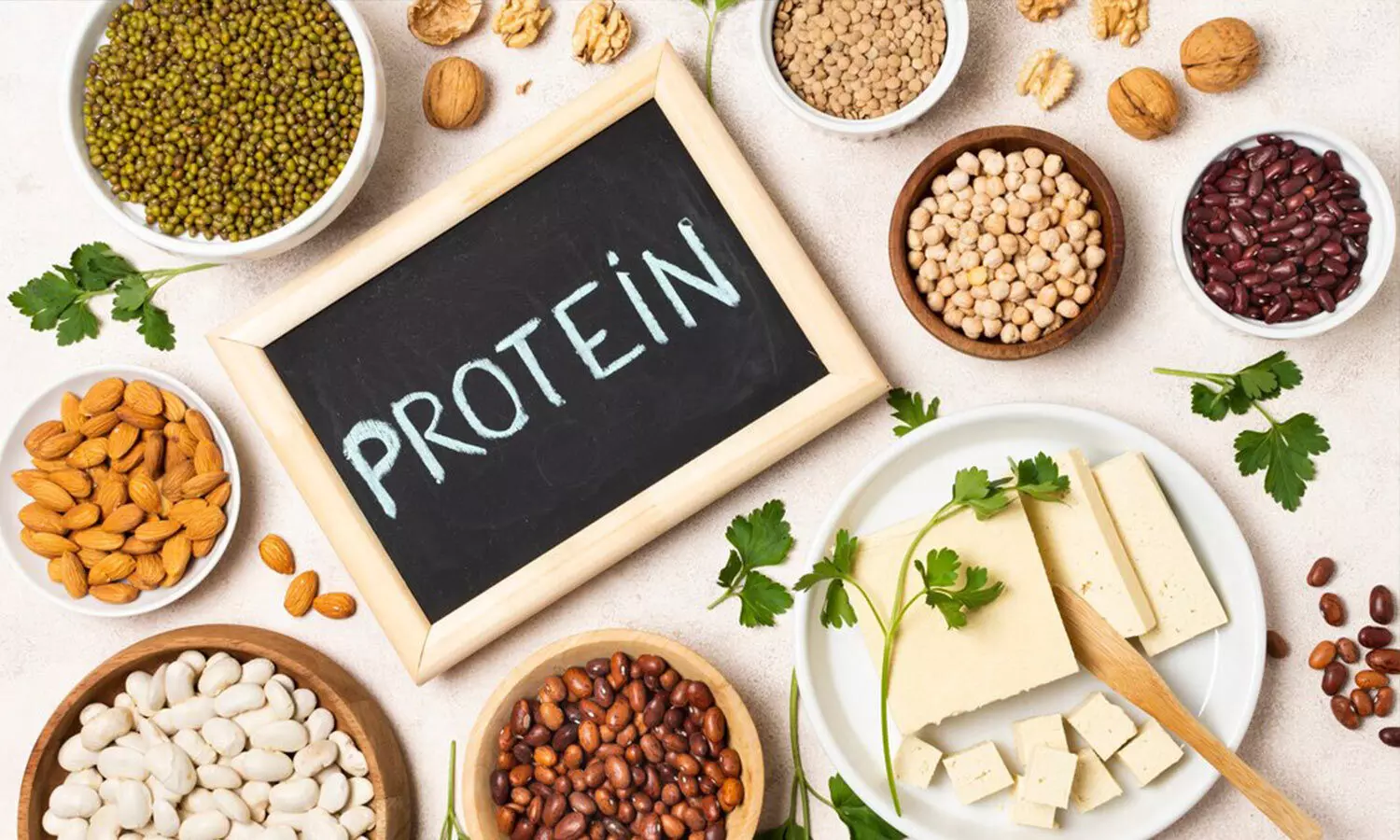Effects of Excessive Protein Intake on the Body - Finding the Right Balance of Protein Requirements

Excessive protein intake can result in potential health risks. You must follow the tips for balanced, healthy eating, including optimal protein consumption guidelines.
Consuming too much protein can have negative effects on the body. Protein is crucial for muscle repair, hormone regulation, enzyme production, and immune function. While it's important to get enough protein for overall health, excessive intake can lead to health problems. Learn about the potential risks of excessive protein consumption and tips for maintaining a balanced diet to promote optimal health.
Understanding the science behind protein intake
Protein needs differ depending on activity level, age, weight, gender, and health. The general recommendation is 0.8 grams of protein per kilogram of body weight per day for most adults. However, this can change for pregnant, athletes, or breastfeeding women, and those recovering from illness or injury, which may need more protein.
Excessive protein intake results in kidneys damage
Consuming too much protein can lead to kidney damage. Kidneys filter waste products from protein digestion, like urea and ammonia. Excess protein leads to more waste production, burdening the kidneys and risking damage, especially for those with existing kidney issues.
Too much protein consumption results in dehydration
Excessive protein intake can cause dehydration because breaking down protein needs water. High-protein diets raise your body's need for water, and not drinking enough can lead to dehydration. This puts extra pressure on your kidneys and can affect your overall health.
Excessive protein intake makes bone weak
Eating a lot of protein can be bad for your bones. Diets high in protein can make you lose more calcium through your pee, and calcium is crucial for strong and dense bones. Losing too much calcium can make your bones weaker, raising the risk of osteoporosis and fractures. Also, proteins from animal sources like red meat and dairy can make your body more acidic, which might lead to even more calcium loss from your bones.
Eating excessive protein may lead to lack of other important nutrients
If you focus too much on protein, you might not eat enough carbohydrates, fats, vitamins, and minerals, which are all essential for a healthy body. A balanced diet with a variety of nutrient-rich foods is crucial to meeting your nutritional needs and staying healthy.
Tips to maintain an ideal protein intake
A balanced diet is important to maintain an ideal protein intake. This means eating a variety of nutrient-packed foods from all food groups, including healthy fats, carbs, veggies, fruits, and whole grains. While protein is crucial, it should be part of this diverse mix.
To get your protein fix, opt for whole foods like fish, seeds, lean meats, dairy, eggs, nuts, legumes, and tofu. These choices offer a bunch of nutrients and are usually lower in unhealthy fats and additives than processed options.
When chowing down on protein-rich foods, watch your portions. Include a serving of protein in each meal, but don't go overboard. Balance is key. Make sure you're getting enough protein without neglecting other important nutrients like carbs and fats. This way, you can ensure good overall health and well-being.

